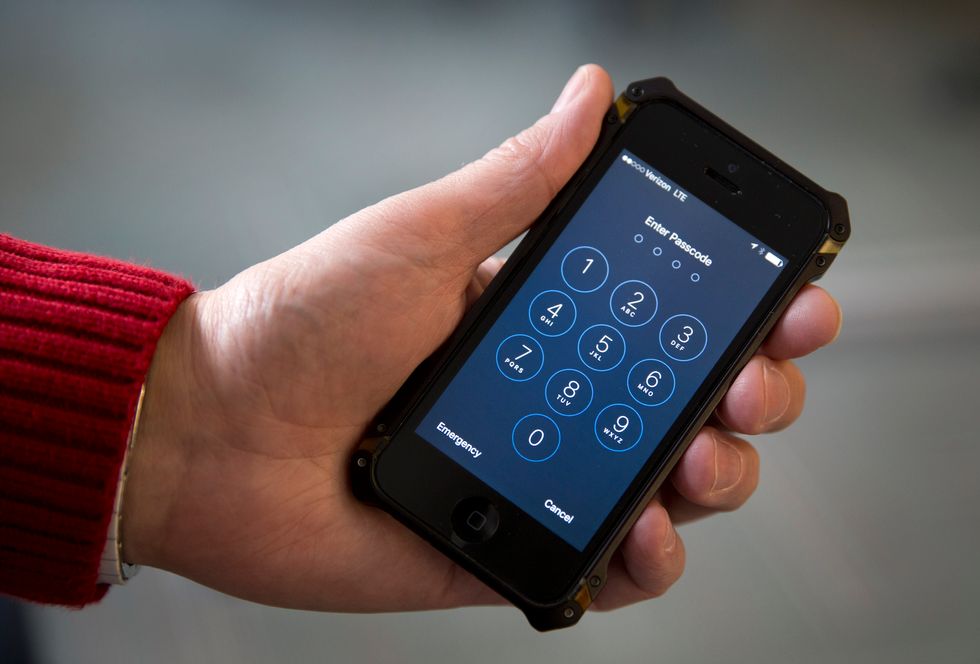According to the Consumerist, a Florida court has ruled that forcing you to give up the number combination to your phone is legal despite other courts ruling that the action is a violation of the 5th amendment.
The event that led up to this decision involved a Florida man who was caught crouching down and sliding an illuminated phone below a woman's skirt. Upon confronting the man he ran away, but he was later caught by police due to being identified by his license plate number. Initially, the man was going to allow police to search his phone for the photos he presumably took, but revoked his decision, and refused to give police his passcode.
Police later came back with a warrant, but due to the 5th amendment stating that one cannot be forced to reveal incriminating evidence about a crime they have been accused of, the police could not force the man to reveal his passcode.
What followed, according to Consumerist, was logistical acrobatics in order to circumvent the Constitution in order to obtain personal information.
Initially, a trial judge denied the state’s motion to compel the suspect to give up his phone’s passcode. However, last week the Florida Court of Appeal’s Second District reversed that finding, determining that the passcode itself is not connected to any criminal data found on the phone.
“The information sought by the State, that which it would require [the defendant] to provide, is the passcode,” the opinion [PDF] reads.
“The state has not asked [him] to produce the photographs or videos on the phone … By providing the passcode, [he] would not be acknowledging that the phone contains evidence of video voyeurism. Moreover, although the passcode would allow the State access to the phone, and therefore to a source of potential evidence, the State has a warrant to search the phone — the source of evidence had already been uncovered.”
The reasoning here includes the fact that forcing an individual to use their fingerprint to unlock their phone — as current technology often uses fingerprint encoding — is not a violation of any Constitutional rights, as things such as fingerprints or blood is not something you know, but evidence you have that police may collect.
As detailed in a 2014 TIME article, digital rights attorney Marcia Hoffman says the difference here is that fingerprints are similar to evidence lying in plain sight.
“If you are being forced to divulge something that you know, that’s not okay,” said Marcia Hofmann, an attorney and special counsel to digital rights group Electronic Frontier Foundation. “If the government is able through other means to collect evidence that just exists, then they certainly can do that without stepping on the toes of the constitutional protection.”
“The important thing is,” Hofmann said, “is it something you know, or something you have?”
The logic the Florida court used to obtain the data, however, is that the biometric data would unlock the suspect's phone anyway, so he may as well cough up the passcode.
“We are not inclined to believe that the Fifth Amendment should provide greater protection to individuals who passcode protect their iPhones with letter and number combinations than to individuals who use their fingerprint as the passcode,” the opinion continues. “Compelling an individual to place his finger on the iPhone would not be a protected act; it would be an exhibition of a physical characteristic, the forced production of physical evidence, not unlike being compelled to provide a blood sample or provide a handwriting exemplar.”
If this Florida ruling is not ruled as unconstitutional by a higher court and sets a precedent, then authorities may be able to force you to cough up pass codes to your phone, and possibly more, at the asking.



